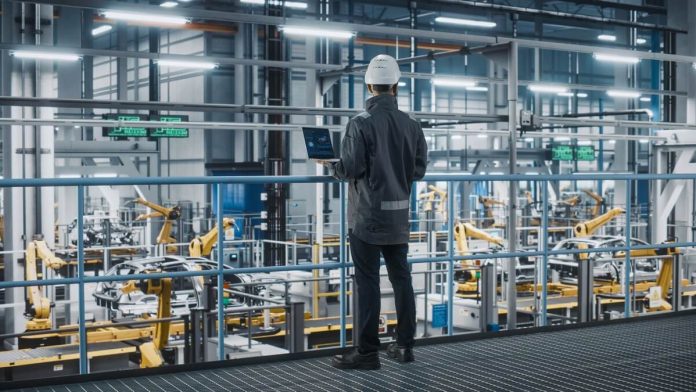Mechanical engineering specializes in manufacturing all kinds of equipment, means of production, and machinery and was vital during the industrial era. Its level of development showed the economic strength of a country and its military potential. However, mechanical engineering hasn’t lost its importance even after the transition to the information society. It pushes forward the development and creation of new means of production, ensuring regions and countries’ economic independence and security.
For example, since numerous countries rely on imported equipment and machinery, they are dependent on exporters of engineered products, such as consumer goods. Luckily, many modern universities offer programs to study professions related to machines’ engineering and production, including Montana State-Northern, Weber State, Utah Valley, Northwestern Ohio, and Idaho State University.
Therefore, finding a faculty specializing in automotive engineering is relatively easy. However, students must write an essay and pass several entrance exams to be admitted. To increase your chances, you can always use an MBA essay writing service to help you create a better motivation letter and hopefully secure your admission to a university or college.
But without further ado, let’s see some of the professions you could be interested in if you intend to pursue an automotive-related career.
Professions in car building
The first career that comes to mind when thinking about cars is auto mechanics specializing in repairing and maintaining automobiles and transport. A car mechanic’s day-to-day duties include diagnosing problems and performing regular service and maintenance work on a wide range of vehicles, including cars, trucks, buses, and motorcycles — depending on the specialization field.
Auto mechanics need to know how to remove, replace, disassemble and repair most mechanic components as well as electrical systems and electronic accessories. Car mechanics also use various equipment on a daily basis and may be required to communicate directly with the clients, depending on the type of shop they work in.
However, it’s important to mention that mechanics are not technically “engineers,” and their job is more about maintaining the product than designing it.
On the other hand, a mechanical engineer is a specialist engaged in designing and operating various devices, most often technological equipment. Their work is a lot more theoretical, while mechanics are more hands-on.
Engineers also focus on organizing the production process and testing, debugging, and working out the kinks, so the product is ready to install at the factory. They will also need to analyze how they will work and ensure the components comply with safety regulations.
While these two professions are directly related to automobiles and their inner workings, both work at a different end of the stick — one is working on designing the product while the other makes sure it works for years to come.
That being said, all professions associated with automotive engineering are highly paid. For instance, metallurgical engineering and machine engineering specialists can earn up to $90,000 a year, while automotive software and hardware developers can expect about $87,000 a year.
It’s also important to keep in mind that computer and electrical engineering is quite a broad field, extending to many other areas and becoming a lot more widespread with EVs and autonomous vehicles just around the corner.
Last Words
To succeed in the engineering field, it is necessary to be well versed in physics and mathematics, both Majors. Indeed, mechanical engineering is closely connected with science and metal processing, and students and graduates need to be on top of their games. Mechanical engineering simply does not tolerate mistakes.










